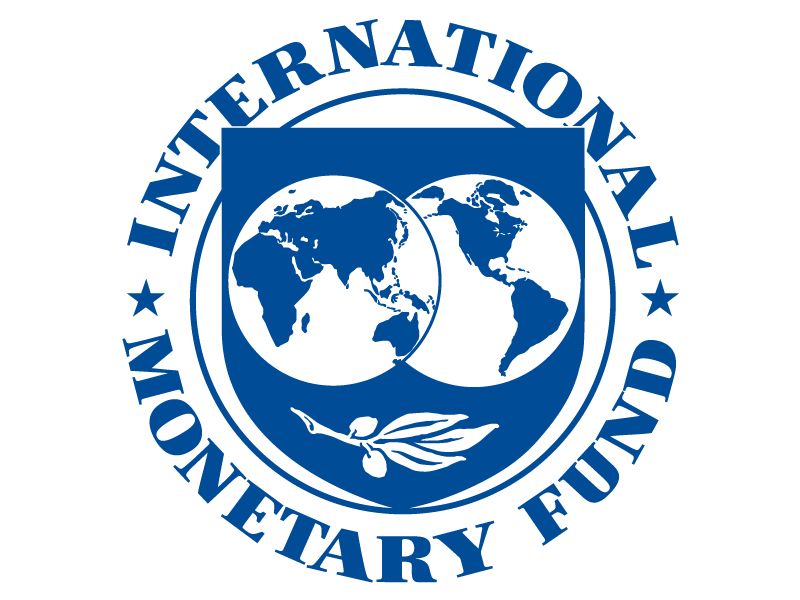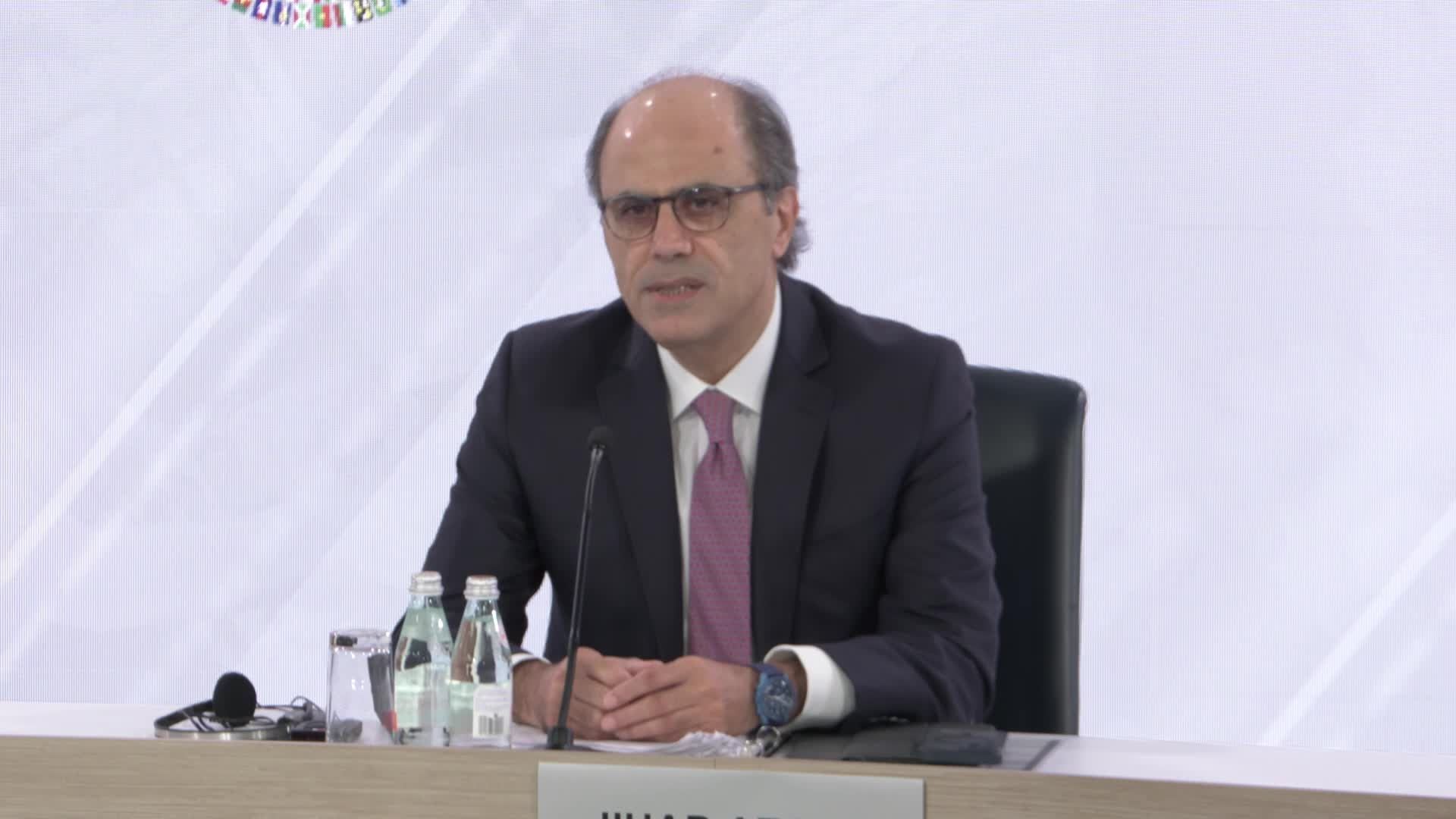Growth across the Middle East and North Africa (MENA) region and Pakistan is exceeding expectations this year, lifted by resilient domestic demand, stronger oil output and steady remittance and tourism flows. The assessment came during the International Monetary Fund (IMF) 2025 Annual Meeting, where Jihad Azour, Director of the Middle East and Central Asia Department, outlined the latest projections. The outlook, while still clouded by global uncertainty, reflects a region that has weathered external shocks better than anticipated.
“Output growth has held steady and inflation remained moderate or eased in most regions. Some of the global economy strength reflects temporary factors, such as firm, frontloading activity ahead of the tariff increases and adjusting inventories and supply chain, as well as significant investment in new AI technologies. As these factors fade, global demand may soften, which could affect our regions through trade, finance and commodity channels. Economic activity in the MENA region and Pakistan has been stronger than expected. We now project growth of 3.2% in 2025, up from 2.1% in 2024, and higher than our April forecast. Oil exporters have benefited from higher oil output following the faster unwinding of OPEC+ cuts. Oil importers and Pakistan have gained from low energy prices, strong remittances and a vibrant tourism sector, all supporting domestic demand,” said Azour.
Regional momentum is expected to build further, with MENAP growth projected to reach 3.7% in 2026, while activity in the Caucasus and Central Asia (CCA) is seen expanding 4.5% this year, before easing to around 4% over the medium term, supported by strong consumption, credit expansion and steady hydrocarbon exports. However, inflation trajectories diverge: easing in most MENAP economies but accelerating in several CCA countries, fueled by robust demand and imported price pressures, even as exchange rates adjust smoothly and sovereign spreads narrow.
“In MENA and Pakistan, growth should continue to strengthen, supported by reforms and resilient domestic demand. In the CCA, growth will moderate to a more sustainable pace, while inflation gradually declines. However, downside risks remain significant. Recent shocks and still-elevated global uncertainty could undermine demand and induce global economic slowdown or tightening global financial conditions. Persistent inflation and concerns about fiscal sustainability in advanced economy could raise borrowing costs, especially for countries in our regions with large financing needs. The region remains exposed to geopolitical tensions and climate-related shocks, which could disrupt activity. On the upside, faster progress toward peace and reforms could yield a stronger and more inclusive growth,” suggested Azour
The outlook underscores the importance of acting while conditions remain relatively stable. Amid heightened uncertainty, the current momentum offers policymakers a narrow window to rebuild fiscal and external buffers, especially where reserves and fiscal space are limited. The next phase should center on translating this stability into concrete policy measures.
“To sustain growth and strength and resilience, countries should: first, enhance fiscal frameworks to ensure long-term sustainability; second, reinforce monetary policy credibility to anchor inflation expectations; and three, accelerate structural reforms to diversify economies, empower the private sector and attract investment that creates jobs. In conflict-affected countries, priority must include rapid macroeconomic stabilization, rebuilding institutions and securing external support to enable recovery,” advised Azour.
Beyond immediate stabilization, lasting prosperity will depend on broader structural shifts – stronger governance, deeper regional integration, and more inclusive participation. These priorities are expected to guide domestic policy agendas and shape continued engagement and support from international partners, including the Fund.
“Let me also reaffirm the IMF’s strong commitment to both regions. We continue to support our members through policy advice, financing and capacity development. Since early 2020, the IMF has approved nearly $56 billion in financing for countries across MENAP and CCA. We have also delivered more than 385 capacity development projects across 31 countries, totaling $36.8 million in fiscal year 2024 and 2025. We would explore, of course, these issues further at our Regional Economic Outlook launch in Dubai on October 21st and in Almaty, Kazakhstan on October 30th,” concluded Azour.

